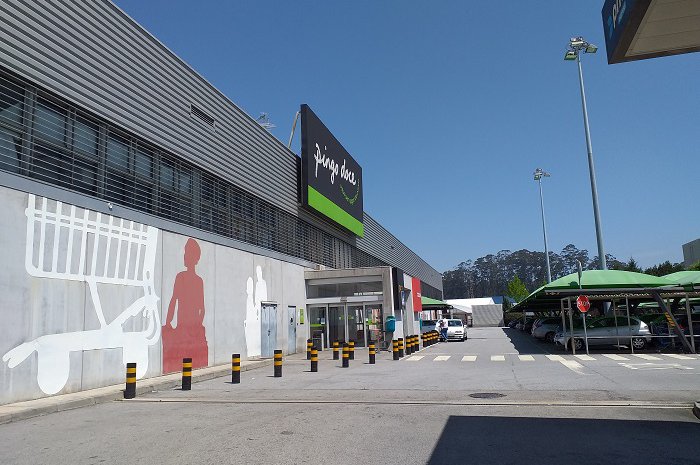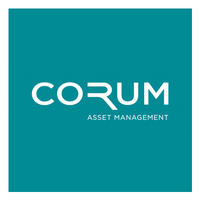The investment was carried out by funds Corum Origin and Corum XL and included acquisitions in Holland, Italy, Poland, Norway and the United Kingdom. The highlights were the acquisition of a building in Poland for 62 million euro where 1.500 workers from transportation company DSV carry out their activities and the acquisition of a building in Norway which hosts a Tesla service centre and dealership.
José Gavino, director for Corum in Portugal, where the abovementioned funds have invested more than 60 million euro, commented in a press release that «these acquisitions are part of our funds’ long-term plans. The Covid-19 pandemic reinforced our strategy to invest in the real economy. We are sure that the value of our assets is in the quality of their tenants and their ability to pay their rents in the long-term».
He further explained that «the new buildings offer interesting initial yields which reach 8.48% and have tenants from sectors such as telecoms, international freight transport, DIY and electric cars. These are sectors which showed a great resilience and even growth during the confinement period in Europe».
These two funds from Corum invest exclusively in commercial assets, whose management is solely carried out by Corum. José Gavino advanced that «this strategy allowed us to be closer to our tenants, which is why we were able to act swiftly when the pandemic reached Europe and to carry out the measures which better fit the needs of our tenants and shareholders».
He gave as examples «the fact that the rental deferral and cancellation demands were low and we sought solutions which benefitted both parties. The fact that Corum’s assets are spread across a large geographical area and many different segments also helped dampen the impact of Covid-19».
Corum currently manages more than 4.000 million euro in savings. Its strategy allowed both funds (with more than 50.000 shareholders around the world) to keep paying dividends close to the pre-Covid amounts during the pandemic.
José Gavino hopes that «the confinement period has been left behind, although the economic and social consequences will continue to be felt during this year and next year». He is convinced that «the forced use of remote work, the tourism turmoil and the new ways of shopping will bring potential change to the real estate market. We are very alert to this new reality. We will continue to think and act in terms of the long-term. We have no doubts that, as it always happens during periods of crisis, new buying opportunities will appear. But we want to take advantage of the real estate markets, instead of submitting to them», he concluded.



